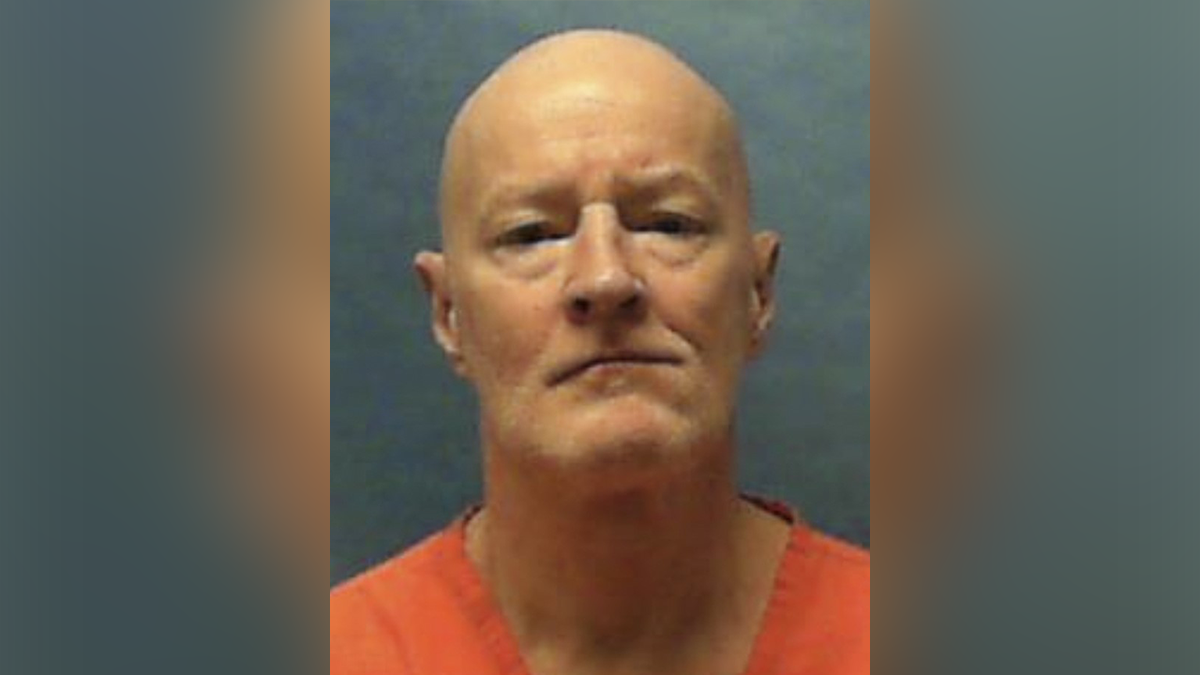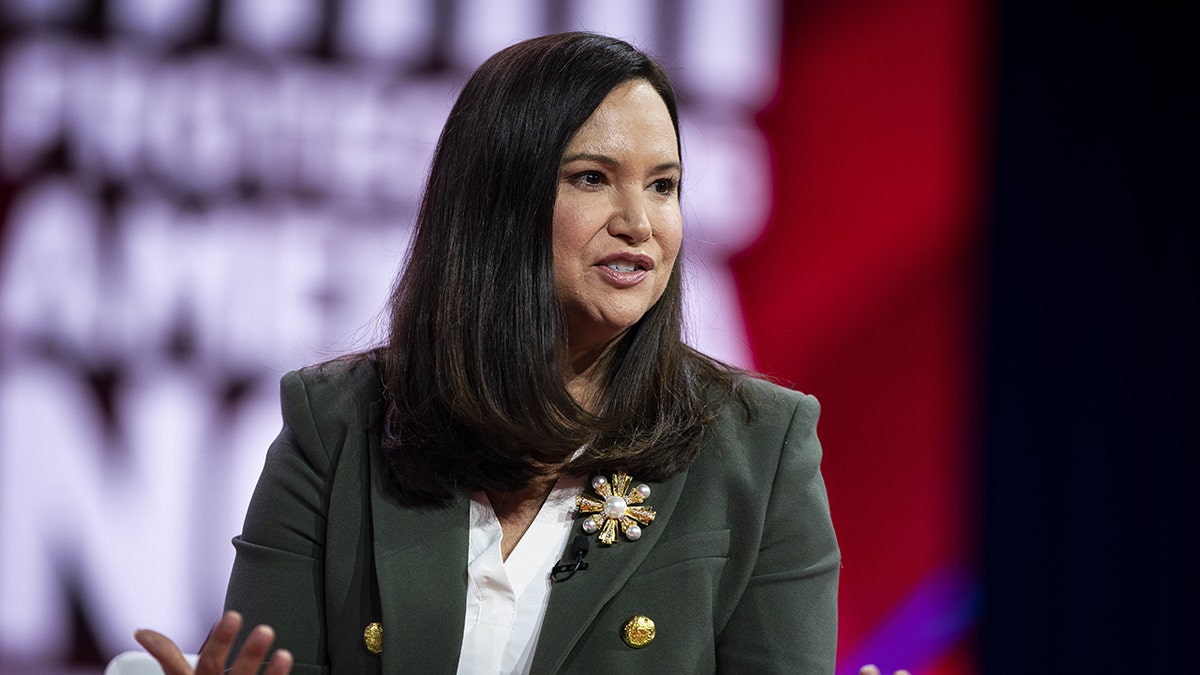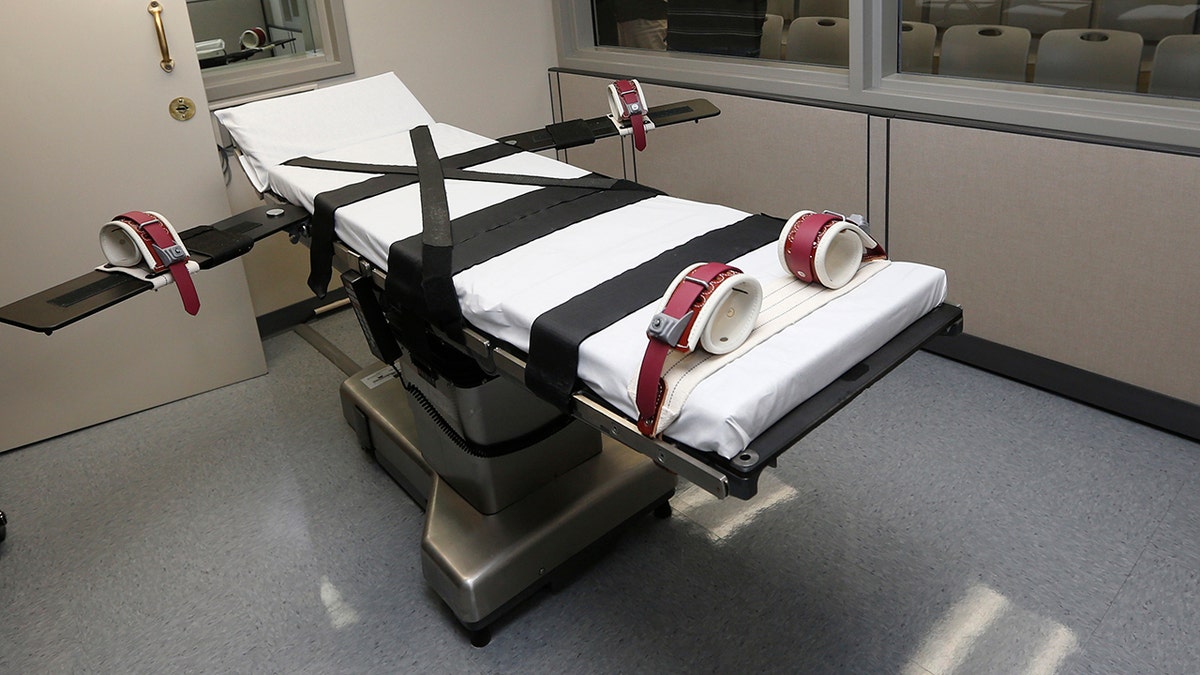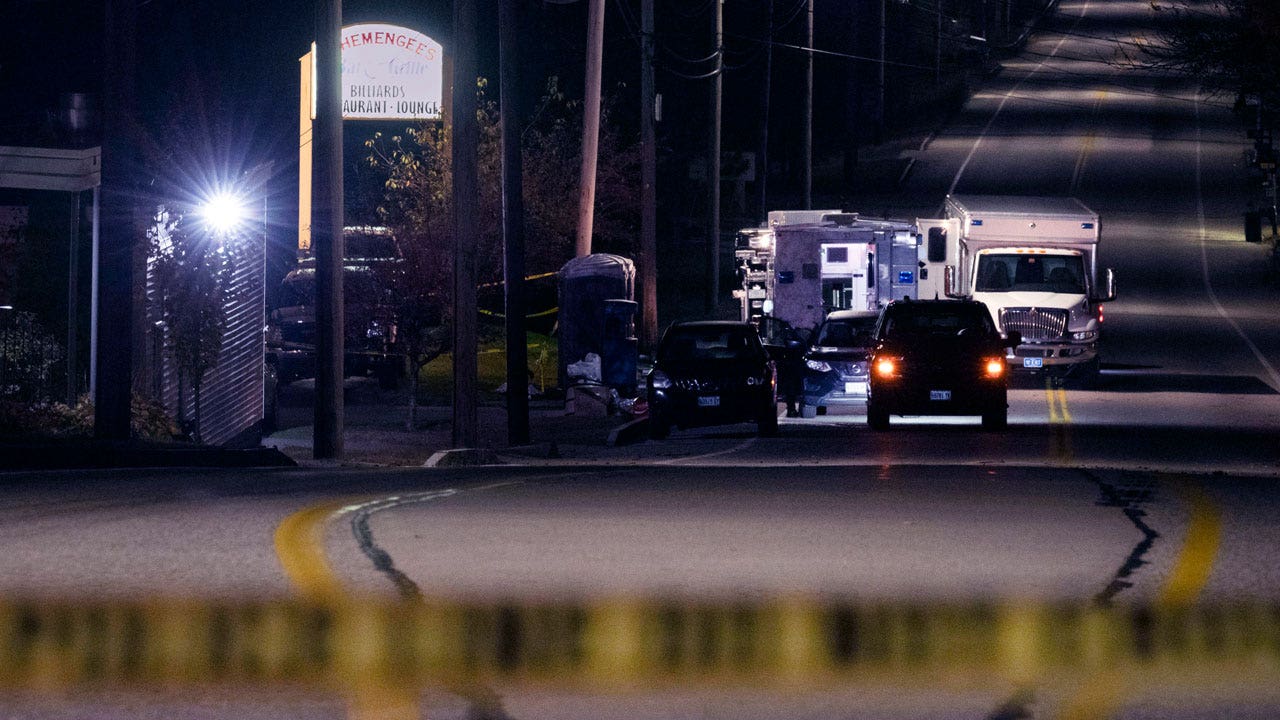Florida Attorney General Ashley Moody argued Tuesday that the execution of an inmate with Parkinson’s symptoms should not be delayed because his appeal to the U.S. Supreme Court challenging the state’s lethal injection procedures came too late.
Moody said Loran Cole, 57, waited too long to raise his concerns that the drug cocktail would “very likely cause him needless pain and suffering” due to symptoms caused by his Parkinson’s disease.
“Cole knew for at least seven years that he was suffering symptoms of Parkinson’s disease but delayed bringing any claim challenging lethal injection as applied to him until his death warrant was signed. Nothing prevented him from doing so,” Moody’s office said in a court filing Tuesday.
PROSECUTORS TO SEEK DEATH PENALTY FOR PHD STUDENT ACCUSED OF KILLING FRIEND’S BABY IN PENNSYLVANIA

Loran K. Cole, 57, was convicted of kidnapping adult siblings camping in a national forest in 1994 before raping the sister and murdering the brother. (Florida Department of Corrections via AP)
The execution is scheduled for 6 p.m. Thursday at the Florida State Prison after Gov. Ron DeSantis signed Cole’s death warrant in July.
He was convicted of kidnapping adult siblings camping in the Ocala National Forest in 1994 before raping the sister and murdering the brother.
Cole has made an appeal to the U.S. Supreme Court to stay his execution, claiming that denying him a hearing violates his 14th Amendment rights to due process and equal protection.

Florida Attorney General Ashley Moody said Loran Cole waited too long to raise his concerns that the drug cocktail would “very likely cause him needless pain and suffering” due to symptoms caused by his Parkinson’s disease. (Al Drago/Bloomberg via Getty Images)
“Cole’s Parkinson’s symptoms will make it impossible for Florida to safely and humanely carry out his execution because his involuntary body movements will affect the placement of the intravenous lines necessary to carry out an execution by lethal injection,” his attorneys said in court filings.
Many of the death penalty procedures in Florida are exempt from public records. Botched executions in other states, including nearby Alabama, have heightened concerns surrounding the death penalty and the secrecy about its procedures. State officials have also struggled to obtain lethal injection drugs and the staff needed to administer them.
SOUTH CAROLINA’S FIRST EXECUTION IN MORE THAN 13 YEARS SET FOR NEXT MONTH

The execution for Loran Cole is scheduled for 6 p.m. Thursday. (AP Photo/Sue Ogrocki, File)
CLICK HERE TO GET THE FOX NEWS APP
Last week, the Florida Supreme Court denied an appeal from Cole.
Cole has also argued his execution should be blocked because he suffered abuse at a state-run reform school where boys were beaten, raped and killed for decades.
The Associated Press contributed to this report.






